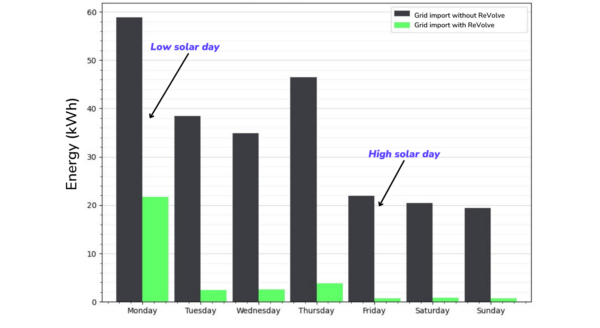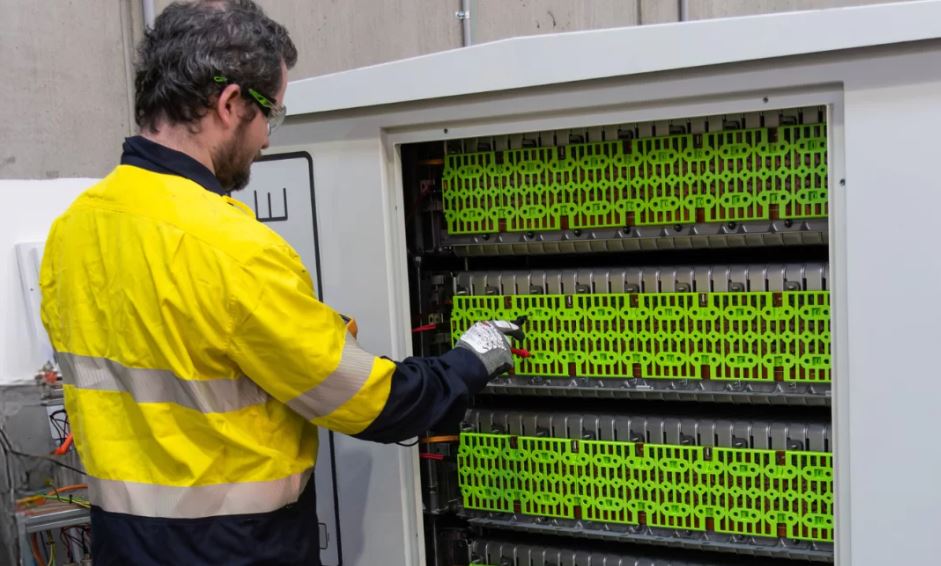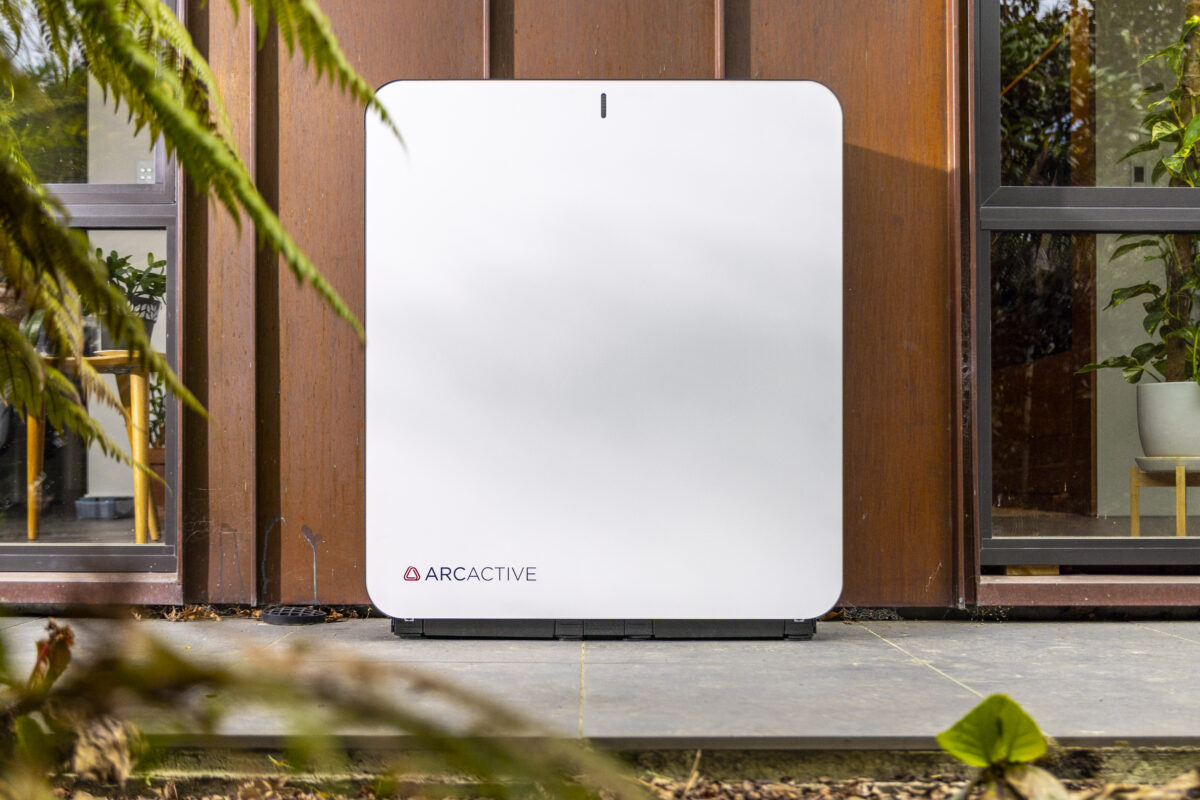Australian battery technology company Relectrify said the installation of the ReVolve battery energy storage solution had allowed Sydney-based paint and ink manufacturer Colormaker to realise a “step-change improvement” in energy self-sufficiency and further reduce its energy costs.
Having already made a significant reduction in their use of grid electricity since installing 100 kW of rooftop solar, Colormaker integrated the ReVolve battery energy storage system with the existing solar energy infrastructure to gain further financial benefits from the asset.
Relectrify said key success metrics for the project include optimised solar self-consumption, reduced purchase of grid-supplied energy, and reduced demand.
Melbourne-headquartered Relectrify said early data indicates that both power and associated costs are poised to decrease to single-digit percentages compared to pre-battery installation levels.

Image: Relectrify
The ReVolve battery energy storage product uses second-life Nissan Leaf electric vehicle (EV) battery packs coupled with patented cell-level control technology that combines an integrated battery management system (BMS) and inverter hardware solution.
The hybrid system replaces conventional BMS and inverters with a single electronic solution that allows for control of individual cells to generate grid-compliant alternating current (AC) directly from a battery pack.
Colormaker Managing Director David Stuart said the installation of the battery has marked a pivotal step in the company’s journey to achieving a net-zero operation, noting that the battery “gives us the opportunity to store the solar energy we’ve generated during the day and utilise it to meet our energy needs around the clock.”
Relectrify Vice President of Partnerships Juergen Barth said the Colormaker project demonstrates how battery storage products featuring CellSwitch technology can revolutionise the way companies manage and store electricity by both using second-life cells and eliminating the need for inverters.
This content is protected by copyright and may not be reused. If you want to cooperate with us and would like to reuse some of our content, please contact: editors@pv-magazine.com.









By submitting this form you agree to pv magazine using your data for the purposes of publishing your comment.
Your personal data will only be disclosed or otherwise transmitted to third parties for the purposes of spam filtering or if this is necessary for technical maintenance of the website. Any other transfer to third parties will not take place unless this is justified on the basis of applicable data protection regulations or if pv magazine is legally obliged to do so.
You may revoke this consent at any time with effect for the future, in which case your personal data will be deleted immediately. Otherwise, your data will be deleted if pv magazine has processed your request or the purpose of data storage is fulfilled.
Further information on data privacy can be found in our Data Protection Policy.